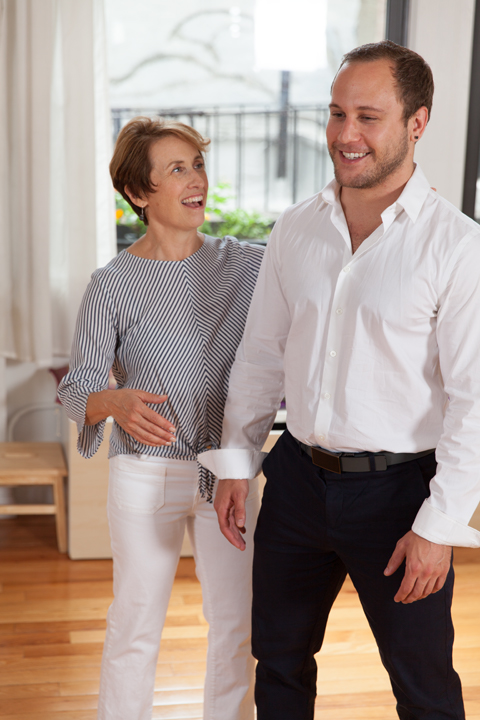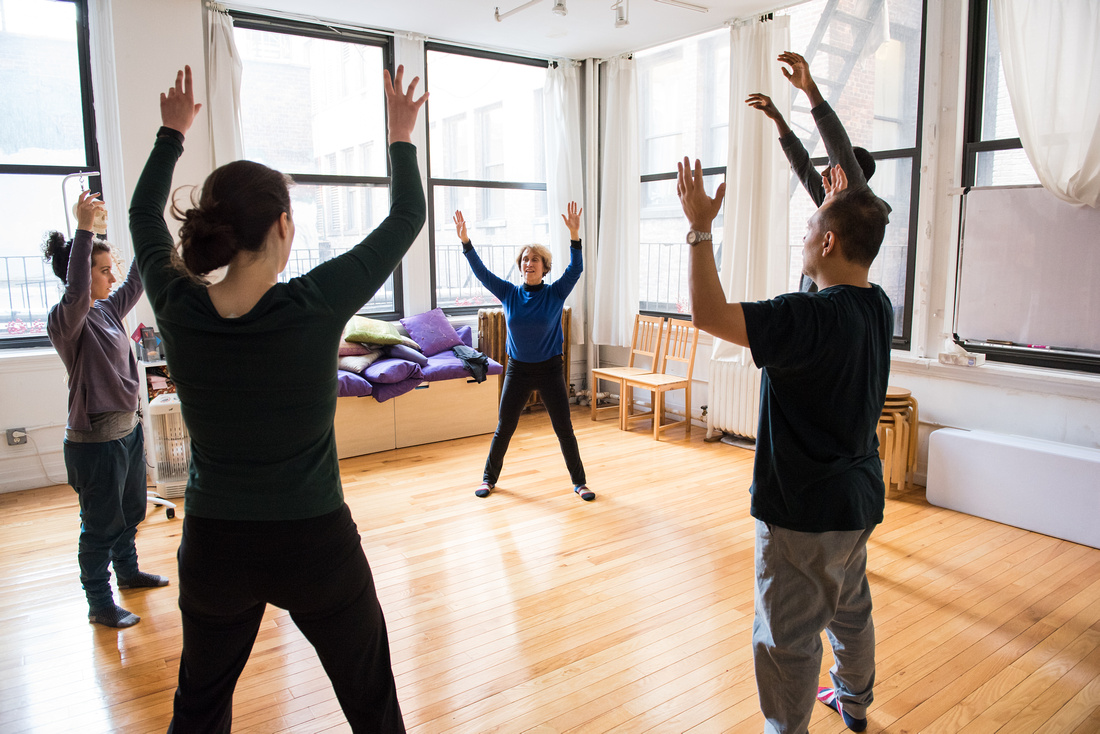
How You Move Matters
Free Alexander Technique Exercises, Tips, and Resources
Everything is changing - What can I count on?
Everything is changing - What can I count on?
Sometimes I crave change. When it's my own choice to change my habits, I look for change. When feeling playful, I might switch things up by instigating a change. At other times I hate change and the feeling of vulnerability that comes with unexpected change. I might then react with resentment or resistance. Change is happening all the time, and these days I often feel at odds with the rapid changes happening from the White House. When change feels out of control, what can I count on? Is there something that I can do to find support through change? How can I re-establish my sense of wholeness and unity so that my vulnerability isn’t a liability, but an aspect of my resiliency?
We’ve been training for change all our lives!
I was fortunate to grow up in place where I could wander and play outdoors with other kids for hours. We lived within the rules and limits set by our parents, but adults did not structure our play. I remember learning to climb trees by trial and error. At first, trial and error taught me about fear of falling and my tendency to let fear discourage me or stop me from moving completely. I saw how the other kids who could climb easily had a fearless attitude. I mimicked them; I stole their moves and their upward intensity. I developed a pattern of hand and footholds that allowed me to feel confident in getting up and down from one my favorite maple trees. I learned how light and free I was when I believed it was possible — I just had to follow the “up” in my being and my movement, not resist it. My upward intention and energy made it fun.
In Alexander Technique, and movement-based practices, there is an emphasis on liberating the “up and out” direction of our core posture and coordination. A former AT student (Joan Brittain) sent me an email about returning to her T’ai chi class after a very stressful time away:
Our teacher David said I missed some stuff but one of the things everyone needs to keep working on is keeping the "ding" up--keeping the crown of the head up--through every movement. As he demonstrated this, I thought, "Oh yeah, Alexander's primary control." Then, he said, looking me in the eye, that, ideally, we would maintain an awareness of the ding and of keeping our "frame" as we move, at every moment. And, I said with a certain look in my eye (you know that look), "Yeah, we could." He stopped, surprised, and repeated what I'd said under his breath, then chuckled, and moved on to his next point.
The ideal of keeping an upward direction going all the time seems like a tough expectation, but if we are treat ourselves as the lively and whole beings we are, we can experience an appreciation of an on-going process – and develop a sense of humor about the ebb and flow or trial and error in that process.
One thing we can surely count on is the constant state of change, and our intrinsic mind/body unity. Our unity or psychophysical wholeness is reflected in our design for freedom of thought and freedom in action.
Your “primary control” or “ding” or “upward intention” can be counted on to be constantly available. Your energy is always going on, and you are always organizing through your head/neck/back relationship, up and/or down. When any of us are afraid, we pull downward or inward. When we tighten down we interfere with our intrinsic response to gravity, we feel our discouragement, and we sense our reluctance to be moving. The way back to resiliency, and to grace, is through awareness of choice and willingness to let go of resistance. It can be as simple as unclenching your fist or agreeing to let your ribs be spring-y as you breathe. Releasing your thought/movement is an opening for a new direction and a renewed sense of wholeness. You can count on your natural design; you are a cohesively unified thinking, feeling and moving being.
F.M. Alexander’s 4th and last book, written in the 1930s and 40s at a difficult period of change and war emphasizes the significance of approaching action through an understanding of the psychophysical unity of self. He believed that with knowledge comes the responsibility to use that knowledge well. The book is titled, The Universal Constant in Living.




